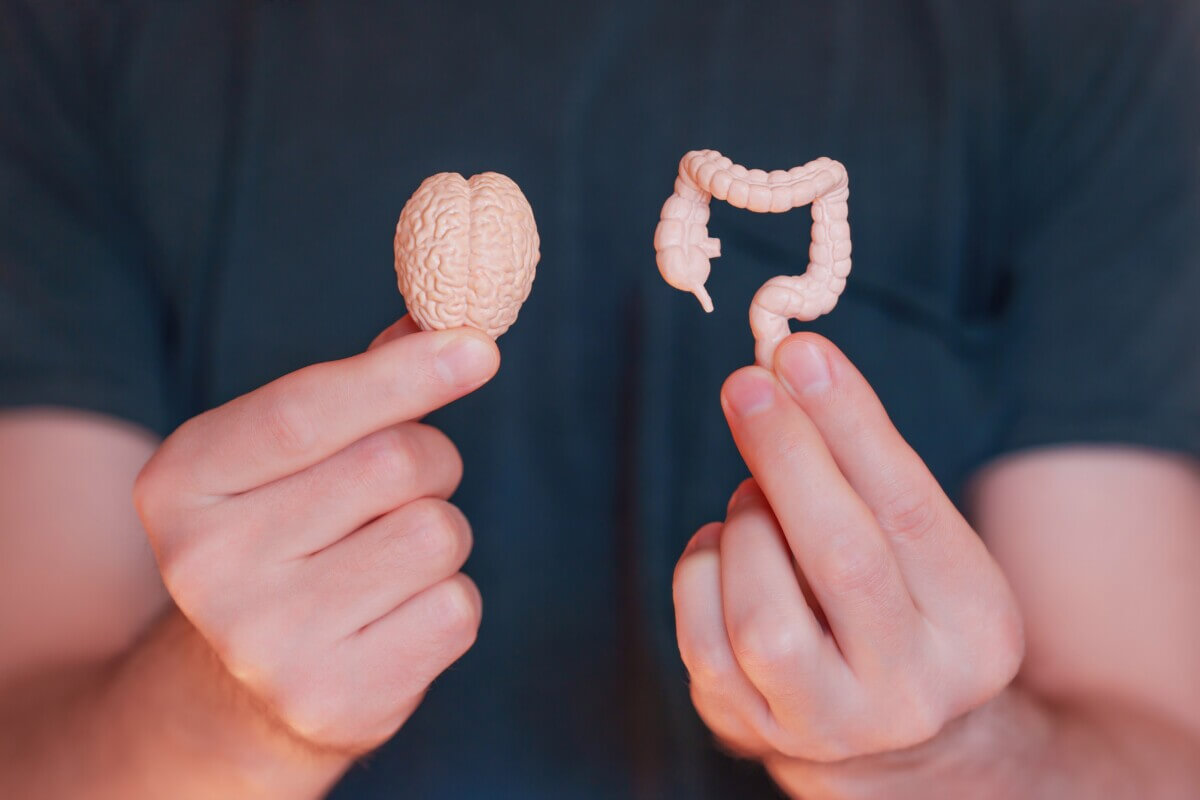
(Photo by Chizhevskaya Ekaterina on Shutterstock)
PARIS — Perhaps more than ever before in our politically correct world, the concept of fairness guides the behavior and ideology of so many individuals. We expect others to treat us equitably, and we're quick to cry foul when we feel slighted. But what if our sense of fair play isn't entirely under our conscious control? What if the trillions of tiny microbes residing in our gut – collectively known as the gut microbiome – are pulling some of the strings?
A new study published in PNAS Nexus and led by researchers from the Paris Brain Institute and the University of Bonn sheds new light on this fascinating possibility. The international team set out to investigate whether altering the composition of the gut microbiome could influence social decision-making, particularly in situations where individuals must choose between self-interest and altruistic punishment; in other words, whether to let unfairness slide or sacrifice personal gain to teach the offender a lesson.
To explore this intriguing question, the researchers conducted a carefully controlled experiment involving 101 male participants. Half of the group received a synbiotic dietary supplement – a combination of beneficial bacteria (probiotics) and nutrients that promote healthy bacterial growth (prebiotics) in the gut. The other half received a placebo over a seven-week period.
Before and after the intervention, all participants played a classic economic game known as the Ultimatum Game. In this game, one player (the proposer) is given a sum of money and must decide how to split it with a second player (the responder). The catch? If the responder rejects the offer, neither player gets anything.
Here's where things get interesting. When faced with an unfair offer – say, a measly 20% of the total sum – participants who had taken the gut health supplement were significantly more likely to reject the offer after the intervention compared to before. In other words, they were more willing to forgo a monetary reward to punish their cheap counterpart. The placebo group showed no such change.
What connects the gut to one's position on fairness?
But how could a simple dietary supplement influence such a complex social behavior? The researchers found that the answer may lie in the delicate balance of the gut microbiome. Specifically, they observed that the ratio of two major groups of gut bacteria – the Firmicutes and Bacteroidetes – played a key role.
Participants with a higher Firmicutes-to-Bacteroidetes ratio at the start of the study showed a greater change in their gut microbiome composition after taking the synbiotic supplement. And it was these individuals who exhibited the most pronounced increase in altruistic punishment behavior.
But the story doesn't end there. The researchers also discovered a potential link between these behavioral changes and levels of certain amino acids in the blood, particularly tyrosine, a precursor to the neurotransmitter dopamine. Participants with a high Firmicutes-to-Bacteroidetes ratio who experienced a decrease in tyrosine levels after the intervention were the most likely to reject unfair offers.
So what does all this mean? First and foremost, it suggests that our gut microbiome may play a previously unrecognized role in shaping our social behavior. The trillions of bacteria living in our intestines are not just passive hitchhikers, but active participants in the interplay between our body, brain, and environment.
Probiotics for the mind?
This study also highlights the potential for targeted interventions to modulate social decision-making. While the researchers used a broad-spectrum synbiotic supplement, future studies could explore more specific formulations designed to promote particular bacterial strains or metabolic pathways.
Of course, it's important to note that this study focused on a specific population – healthy males – and a specific social scenario. More research is needed to determine whether these findings extend to other demographics and real-world situations.
Nevertheless, the implications are intriguing. Could we one day use “psychobiotics” – probiotics designed to influence mental health and behavior – to promote fairness and cooperation? Could an imbalance in the gut microbiome contribute to antisocial or aggressive behavior?
These are complex questions with no easy answers. But one thing is clear: the more we learn about what so many refer to as the “gut-brain axis,” the more we appreciate the multifaceted nature of human behavior. Our thoughts, feelings, and actions emerge from a constant dialogue between our conscious mind and the myriad microbes that call our body home.
So the next time you find yourself seething over a lowball offer or pondering whether to let a slight go unpunished, remember: it's not just your brain making the call. Your gut – and the billions of tiny creatures within it – might just have a say in the matter too.










